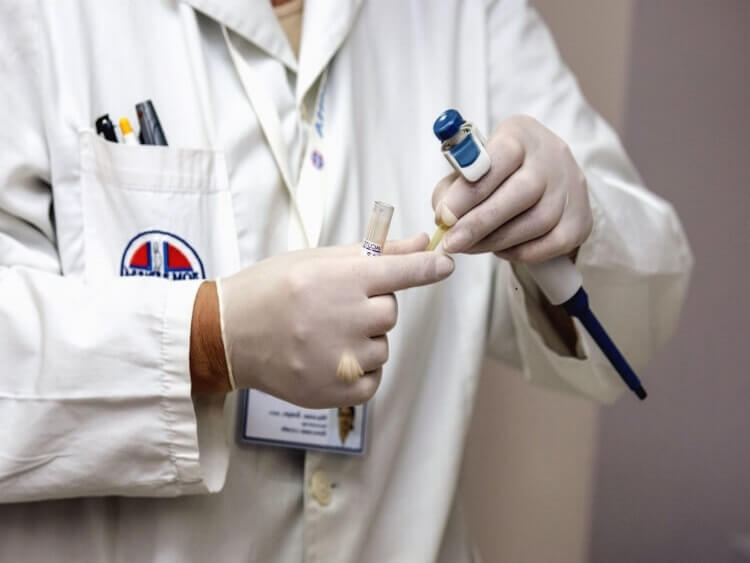2h
Rat PINP(Procollagen I N-Terminal Propeptide) ELISA Kit
Rat PINP(Procollagen I N-Terminal Propeptide) ELISA Kit
91.5pg/mL
20000pg/mL
246.9-20000pg/mL
Rattus norvegicus
Competitive Inhibition
Metabolic pathway;Hepatology;Bone metabolism;
ELISA Enzyme-linked immunosorbent assays Code 90320007 SNOMED
P1NP; N-Propeptide Of Type I Procollagen; Procollagen I Amino Terminal Propeptide
E05 478 566 350 170 or Enzyme-Linked Immunosorbent Assays,E05 478 566 350 170 or Enzyme-Linked Immunosorbent Assays
Rats are used to make rat monoclonal anti mouse antibodies. There are less rat- than mouse clones however. Rats genes from rodents of the genus Rattus norvegicus are often studied in vivo as a model of human genes in Sprague-Dawley or Wistar rats.
This assay employs the competitive inhibition enzyme immunoassay technique. A monoclonal antibody specific to Procollagen I N-Terminal Propeptide (PINP) has been pre-coated onto a microplate. A competitive inhibition reaction is launched between biotin labeled Procollagen I N-Terminal Propeptide (PINP) and unlabeled Procollagen I N-Terminal Propeptide (PINP) (Standards or samples) with the pre-coated antibody specific to Procollagen I N-Terminal Propeptide (PINP). After incubation the unbound conjugate is washed off. Next, avidin conjugated to Horseradish Peroxidase (HRP) is added to each microplate well and incubated. The amount of bound HRP conjugate is reverse proportional to the concentration of Procollagen I N-Terminal Propeptide (PINP) in the sample. After addition of the substrate solution, the intensity of color developed is reverse proportional to the concentration of Procollagen I N-Terminal Propeptide (PINP) in the sample.
